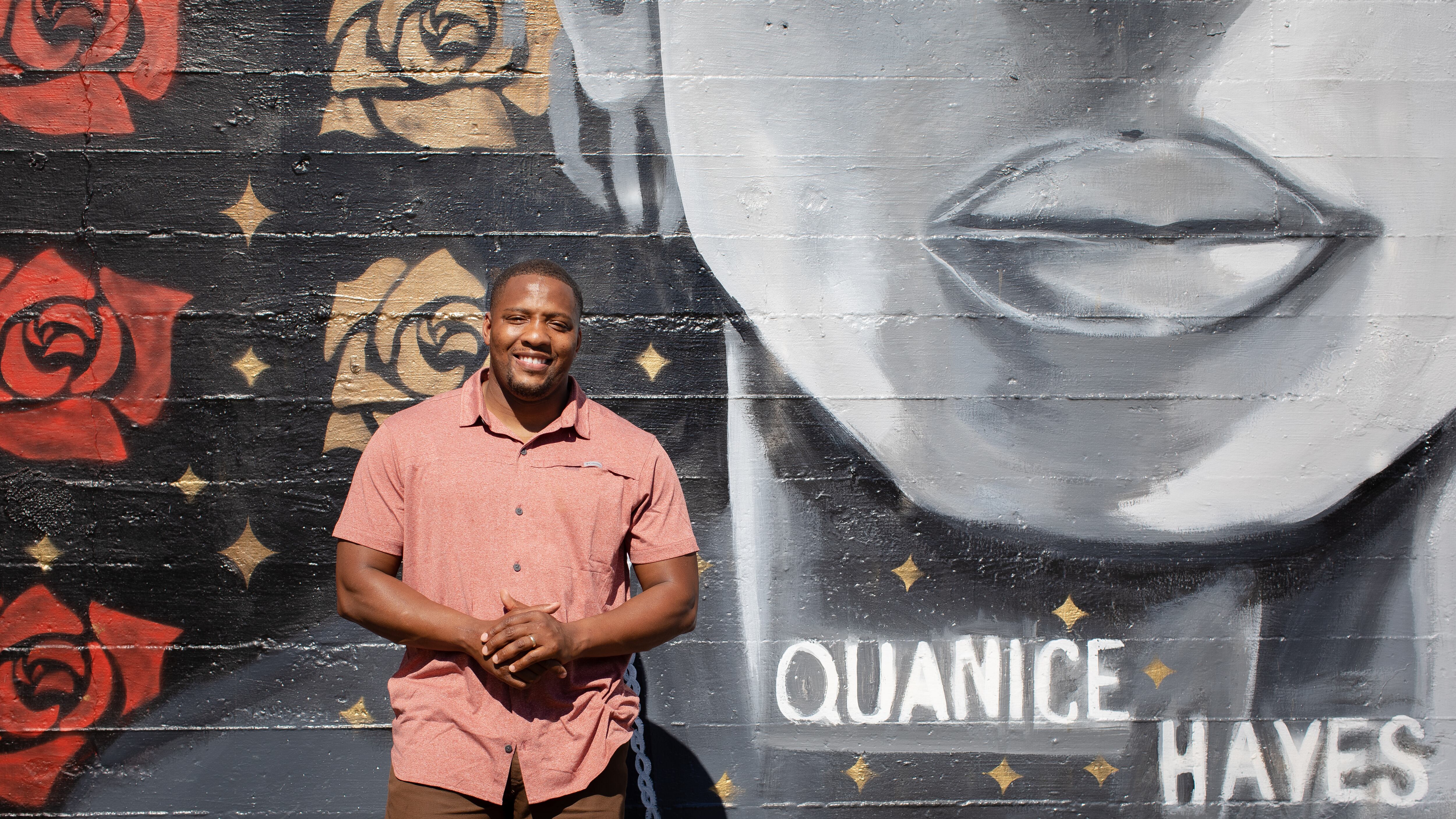In November 2022, Portland voters approved sweeping charter reforms that, among other things, increased the number of City Council seats from five to a whopping 12. Voters will elect those 12 city councilors this November, and the job openings have attracted a crowd: Almost 70 candidates have thrown their hats into the ring.
Those who are business owners, though, have something extra to consider.
Portland city commissioners haven’t been allowed to have other jobs for more than 100 years, thanks to a provision in the city charter. And they still can’t, even though the new system has them acting more like Oregon state legislators, proposing and passing policy rather than serving as both bureau directors and policymakers.
The 20-member volunteer committee that crafted the city’s new form of government opted to keep the prohibition, which has been in place since 1913. They thought about nixing it, but ultimately decided to create a Salary Commission that would set “thriving wages” for city officials and make sure anyone could serve regardless of financial status. That commission decided on a salary figure of $133,207 a year for city councilors. (State legislators make just $35,000 annually, and many work part time in other professions.)
City Attorney Robert Taylor issued a memo about the rule on Feb. 21 after Sokol Blosser Winery co-owner Nik Blosser asked for clarification. Blosser, former chief of staff to Gov. Kate Brown, subsequently decided against a City Council run because he’d have to give up ownership of his family’s winery. In an interview with WW last week, Blosser called the rule something out of “Karl Marx’s handbook.”
The memo, now obtained by WW, draws a hard line: Any other positions held by city councilors must be unpaid, and they should not detract from the duties required of a city councilor. City councilors aren’t allowed to actively manage or own a majority interest in a business, manage rental properties, earn an income through work governed by a professional license or, in some cases, even do the necessary work to maintain such a license.
Seven business owners are running for City Council (and one for mayor) across Portland. We asked them what they plan to do with their businesses if they win. Here’s what six of them said.
Terrence Hayes, District 1
Co-owner, Restore Nuisance Abatement
Hayes co-owns the graffiti removal firm with his wife and, if he wins, plans to transfer ownership and responsibilities to her. “My wife and I run this business together.”
James Armstrong, District 2
Co-owner and president, Alberta Eye Care
Armstrong co-owns the Northeast Portland optometrist clinic with his wife. If he wins his race in November, he plans to transfer full ownership to her. “It’s a frustrating little piece of 1913 rulemaking,” he says.
Debbie Kitchin, District 2
Co-owner, Interworks
Kitchin co-owns Interworks, a construction contracting company, with her husband. If she wins, she’ll sell her shares to him. “It is often very difficult to sell small businesses in the first place,” Kitchin says, “so I think it is a bit of a challenge for small business owners.”
Will Mespelt, District 2
Owner, Mespelt Management
Mespelt owns and runs a property management business. If he wins, he won’t be taking any new customers, but he does plan to work with the city attorney to figure out how he can retain his real estate license while also complying with the rule.
Chad Lykins, District 4
Owner, Rose City Chess
Lykins founded and owns Rose City Chess, which runs after-school clubs, camps and events. He hired a full-time manager to take over his duties if he wins, and has already begun to transfer some responsibilities. He says he’ll comply with whatever the city attorney requires him to do: “I’m making this sacrifice because I feel the calling to get back to policy work, and because I think the city needs leaders with policy experience who are deeply connected to the community.”
Keith Wilson, Mayor
Owner, Titan Freight Systems
If Wilson wins, he plans to create a sales agreement with his executive team, implementing an employee stock ownership plan or transferring ownership to a blind trust. This isn’t Wilson’s first rodeo—he ran for City Council four years ago and had to consider relinquishing ownership then, too. “You can’t be extraordinary at two things at the same time,” he says, “and we need a mayor who is going to be focused on turning our city around.”

